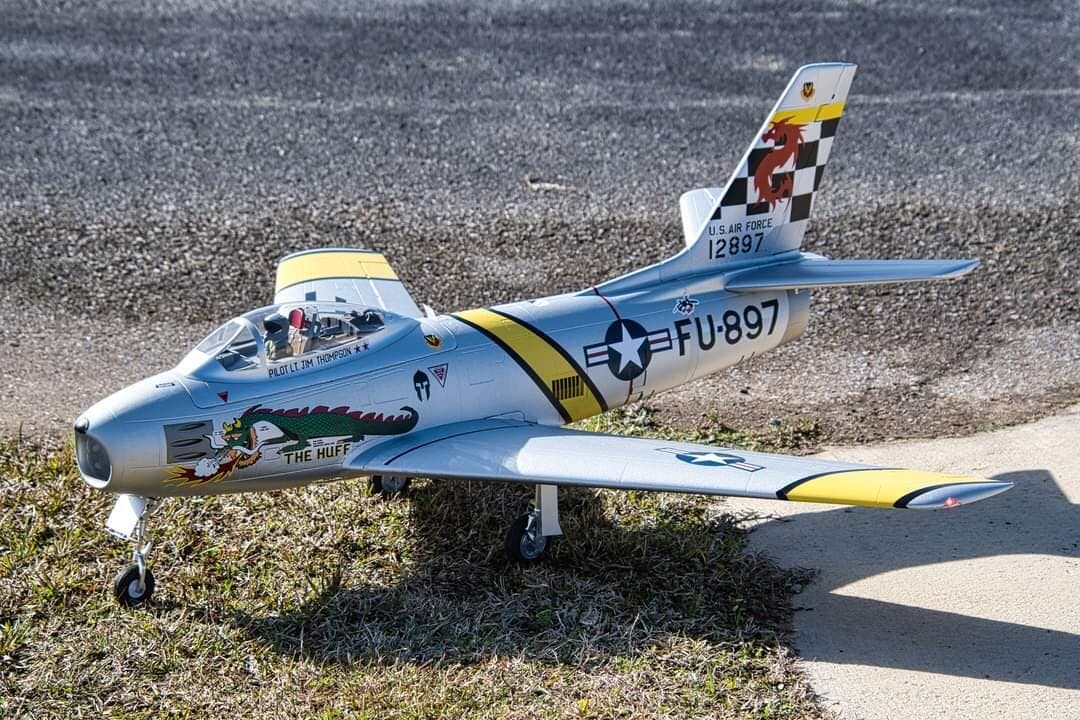Unlock the Sky: Discover the Secrets to Choosing the Perfect RC Airplane Motor!
Choosing the right RC airplane motor is critical to achieving optimal performance and an exhilarating flying experience. Whether you’re a seasoned pilot or just starting out, the motor you select can significantly influence your plane's speed, maneuverability, and overall flight capability. With a plethora of options available, it's essential to understand various factors that will help you make an informed decision. In this article, we will delve into the specifics of RC airplane motors, what to look for when making a purchase, and how to compare prices effectively. By the end of our discussion, you will be equipped with the knowledge necessary to select the perfect motor that suits your flying style and budget.

Understanding RC Airplane Motors
RC airplane motors are the heart of your model aircraft, providing the necessary power to lift off the ground and perform aerial maneuvers. They primarily fall into two categories: electric and gas motors. Electric motors are popular for their ease of use, lower maintenance, and cleaner operation, making them ideal for beginners and casual flyers. On the other hand, gas motors are favored by experienced pilots for their power and ability to sustain longer flights. Each motor type plays a crucial role in determining the speed and agility of the aircraft, allowing for a tailored flying experience. The choice between electric and gas largely depends on personal preference, the type of aircraft, and the intended use, be it casual flying or competitive racing.
Key Factors to Consider When Choosing an RC Airplane Motor
When selecting an RC airplane motor, several critical factors must be taken into account. Firstly, motor size and weight are paramount; a motor that is too heavy can adversely affect the aircraft's performance, while a motor that is too small may not provide enough thrust. The thrust-to-weight ratio is a key parameter to ensure that your plane can take off and maneuver effectively. Additionally, battery compatibility is crucial, especially for electric motors, as using the wrong battery can lead to poor performance or even damage to the motor.
Another important criterion is the motor's power rating, often expressed in KV (RPM per volt). Higher KV ratings typically mean more speed, but it’s essential to balance this with efficiency to maximize flight time. Consideration of runtime is also vital; a more efficient motor can extend your flying sessions, making it an essential factor for enthusiasts who love longer flights. Understanding these elements will allow you to make an informed decision that aligns with your flying goals and style.
Power and Efficiency
Power ratings, particularly KV ratings, are crucial for determining the right motor for your RC airplane. A motor with a higher KV rating will spin faster, providing more speed but potentially sacrificing efficiency. Therefore, it’s important to analyze the specific requirements of your aircraft; if you’re looking to perform acrobatics or fly at high speeds, a motor with a higher KV rating may be necessary. However, if you prioritize longer flight times, you may want a motor with a lower KV rating that operates more efficiently. Efficiency is not just about power; it also relates to how well the motor converts battery energy into thrust, which ultimately affects your flying experience.
Comparing Prices and Value
When it comes to comparing prices for RC airplane motors, it’s essential to look beyond the numbers. While it might be tempting to purchase the least expensive option, consider what you’re getting for your money. Value is determined not just by the price but also by the motor's performance and reliability. Read reviews, seek recommendations from fellow hobbyists, and investigate the performance metrics of different motors. This research will provide insights into which motors offer the best balance of cost and performance. Additionally, keeping an eye out for sales or bundled deals can help you find quality motors at more reasonable prices without compromising on performance.
Where to Buy RC Airplane Motors
Finding the right place to purchase your RC airplane motor is crucial. Reputable online retailers and local hobby shops are both excellent options. Online platforms often offer a wider selection and competitive prices, while local shops provide the advantage of personal interaction and expert advice. When buying online, ensure that the seller has a good reputation and customer service policies in place. Local shops can be invaluable for new flyers, as they often provide guidance and support that can make your purchasing experience smoother. Regardless of where you choose to shop, prioritize sources that offer quality products and customer satisfaction.
Making the Right Choice for Your RC Airplane Motor
In summary, selecting the right RC airplane motor is a fundamental step in optimizing your aircraft's performance. By understanding the different types of motors, key factors to consider such as size, power, and efficiency, and comparing prices wisely, you can make a decision that enhances your flying experience. Take your time to research and consider all elements before making a purchase. The right motor will not only elevate your skills but also provide countless hours of enjoyment in the skies. Happy flying!






Comments